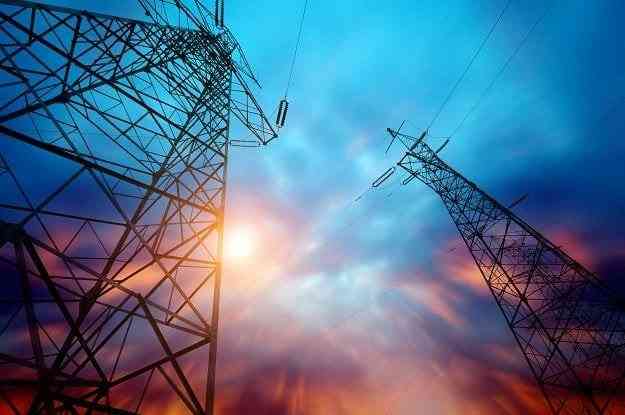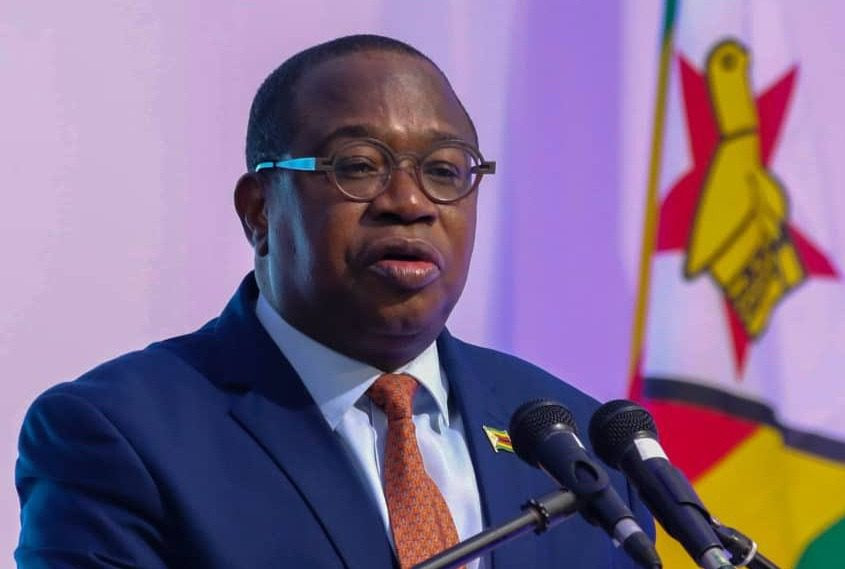
Protests have erupted across Pakistan over higher power charges and frequent outages as the electricity generation projects under the China-Pakistan Economic Corridor (CPEC) failed to ensure adequate and affordable energy supply in the past decade. On other hand, higher investment under the CPEC increased the burden of higher electricity bills. So a majority Pakistani now cannot pay inflated bills due to expensive energy which has resulted into non-payments, outages, power disconnections and protests.
CPEC projects were launched in 2014, in which energy projects were given priority. Now after a decade, the CPEC appeared to have failed to generate required amount of electricity. Urban areas are witnessing 6-10 hours of loadshedding while it is about 15 hours in rural areas, said Islamabad-based Institute of Strategic Studies. “Despite the completion of around more than half of CPEC energy projects, Pakistan is still facing the issues of shortfall, load shedding and gigantic circular debt in the power sector,” it said.
Pakistan’s reputed newspaper Dawn wrote how the CPEC gave false hopes about that the blackouts would soon be history. “That didn’t happen. Rather, the price of new generation capacity increased the cost of production, forcing the government to accumulate a huge power-sector debt because it could not recover the full electricity production bill from consumers, despite raising retail prices multiple times,” it said in its editorial.
Investigative journalist Atika Rehman said energy remains a key problem even after a decade of CPEC. “Many of the CPEC energy projects were designed to address chronic energy shortages. Yet, the issues run far deeper than simply building more plants,” she said. “Although some energy and infrastructure projects have been completed, CPEC is hardly the vibrant trade route it was billed to be.”
There has been a significant hike in the prices of electricity which is difficult for a majority population to bear with. In Pakistan, where the daily earning of about half of its citizens is less than USD 4 (roughly PKR 1,000), the power prices increased by 155 percent in past three years. In July, Islamabad government hiked the charges further, taking the tariff to unbearable level of PKR 48.84 per unit for domestic consumers.[6] Industry and business sector are not better off either. The Pakistan’s electricity tariffs are highest in South Asia.
Protests are now held by distressed people living in different parts of Pakistan over prolonged load-shedding, inflated bills. Political leaders have extended their support to these protests, which have led people to block roads, burn power bills, attack electricity distribution companies. “The poor family using two ceiling fans have received bills up to Rs 35,000. And they are paying the bill by selling ornaments or taking loans,” said Abid Sher Ali, former minister and leader of ruling party PML-N.
Riots erupted in Pakistan’s financial capital Karachi over severe power and water shortage crisis.[9] People in Balochistan blocked roads to lodge their protest against suspension of electricity supply.[10] Traders across Pakistan held national-wide strikes in August against high energy costs. “The rulers have imposed taxes on food items and increased electricity tariffs, leading to suicides over high bills. Instead of easing the burden, they have exacerbated the crisis,” said a trader named Atiq Mir.
To make things worse, Chinese power companies working under the CPEC now have expressed difficulties in operations which now would further affect electricity generation. Chinese Charge d’ Affairs to Pakistan Pang Chaunxue told the then Pakistani Power Minister Khurram Dastgir Khan that Chinese companies were facing big difficulties in procuring coal and receiving electricity payments. Some Pakistani power companies have already shut their operations.
- Nakamba back from injury
- African Sun floats on ‘gain on bargain purchase’
- Chics’ Galaxy: Aisha Dawn: Gweru gives birth to a star
- African Sun floats on ‘gain on bargain purchase’
Keep Reading
Leaders in Pakistan had hailed the CPEC as a game changer, making people believe that it would end power crisis in the country. In a decade, Pakistan is still struggling with energy supplies even as a large amount of debt has accumulated thanks to construction of high-capacity power generation plants. “While CPEC has benefitted Pakistan in infrastructure and the energy sector in the short term, the long-term consequences of Chinese involvement in Pakistan will be detrimental for Pakistan,” said Islamabad-based researcher Osama Ahmad.







